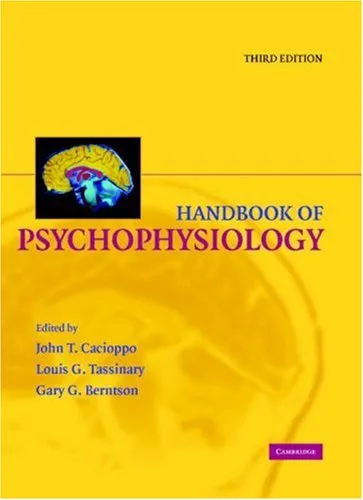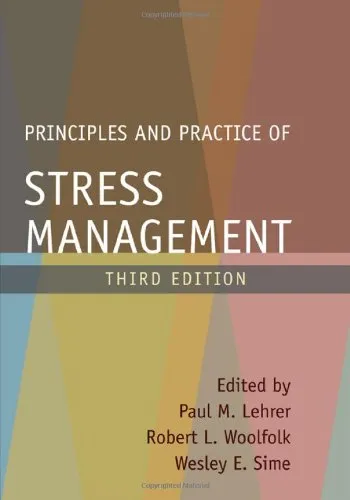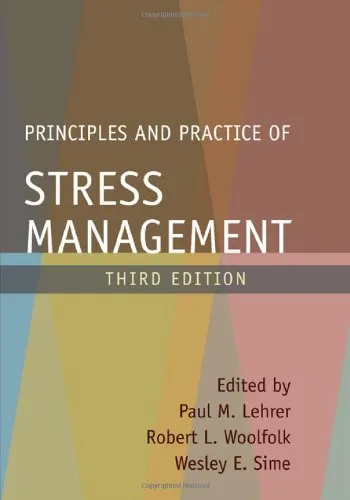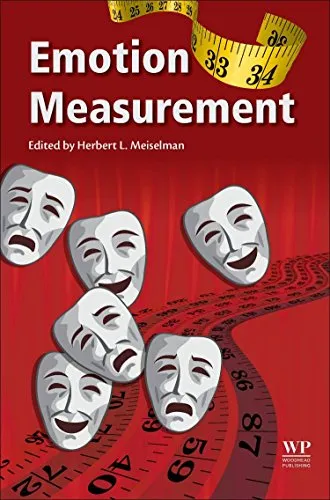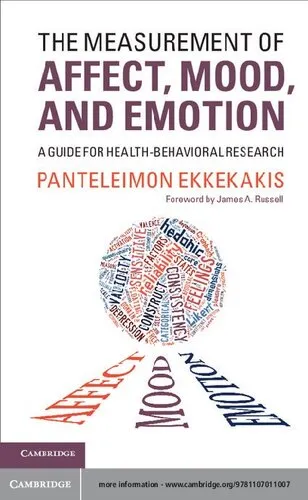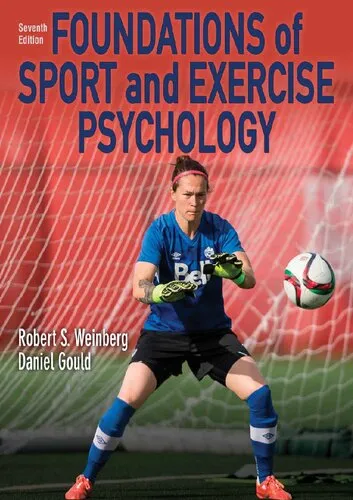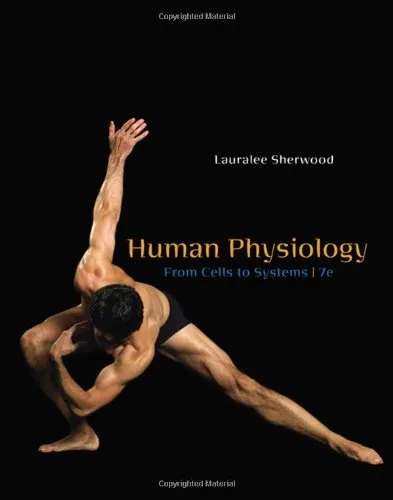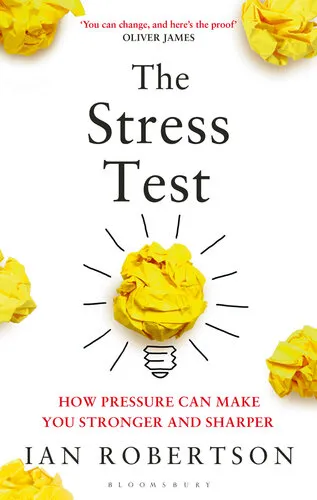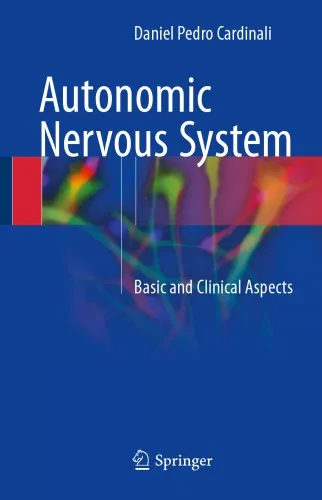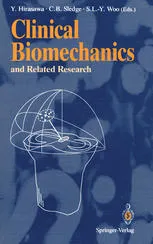Stimulus and Response: the Law of Initial Value
4.0
Reviews from our users

You Can Ask your questions from this book's AI after Login
Each download or ask from book AI costs 2 points. To earn more free points, please visit the Points Guide Page and complete some valuable actions.Related Refrences:
Introduction to "Stimulus and Response: the Law of Initial Value"
In the intricate web of human physiology and psychology, the interplay between stimuli and their corresponding responses forms the core premise of Joseph Wilder's seminal work, "Stimulus and Response: the Law of Initial Value." This book offers a comprehensive exploration of how initial conditions can significantly influence the outcome of both physiological and psychological reactions, throwing light on the foundational aspects that underpin behavioral and medical sciences. Through this introduction, readers will gain insight into the profound implications of the Law of Initial Value and its relevance across various disciplines.
Detailed Summary of the Book
"Stimulus and Response: the Law of Initial Value" delves into the fundamental concept that the initial state of an organism plays a critical role in determining the magnitude and direction of its response to a given stimulus. Wilder meticulously outlines how the physiological baseline conditions—such as heart rate, blood pressure, hormonal levels, or psychological states—prior to the introduction of a stimulus, act as decisive factors that can alter the outcome of the response. Through a series of carefully designed experiments and clinical observations, he illustrates that the same stimulus can yield varying responses, depending solely on these pre-existing conditions.
The book embarks on a journey through diverse fields including psychiatry, cardiology, and endocrinology, showcasing how the Law of Initial Value consistently applies across different scientific landscapes. Wilder not only establishes theoretical frameworks but also presents real-world implications, emphasizing how understanding initial conditions can enhance diagnostic accuracy, treatment effectiveness, and expectancy in therapeutic settings.
Key Takeaways
- The response to any stimulus is largely influenced by the initial conditions of the system being stimulated.
- This principle applies universally, affecting physiological responses like heart rate and blood pressure as well as psychological responses.
- Recognizing the Law of Initial Value can improve the predictability of physiological and psychological interventions.
- The book offers evidence that integrating these concepts into clinical practice can lead to more personalized and effective patient care.
Famous Quotes from the Book
"The Law of Initial Value posits that a neutral stimulus does not exist—for each organism's response is colored by its own baseline." — Joseph Wilder
"To understand the variability of human responses, one must first understand their origin point." — Joseph Wilder
Why This Book Matters
The importance of "Stimulus and Response: the Law of Initial Value" cannot be overstated in the realm of scientific research and clinical practice. Wilder's book serves as a cornerstone for professionals seeking to deepen their understanding of the nuances involved in human responses to external stimuli. Its relevance spans multiple disciplines, providing a theoretical backing that enhances contemporary approaches to patient care and behavioral science.
By emphasizing the significance of initial conditions, Wilder challenges researchers and clinicians to rethink traditional methodologies and consider a more individualized approach to treatment and experimentation. As a result, this book has become an invaluable resource for students and practitioners alike, serving as a guide for more precise and informed applications in both medical and psychological fields.
Free Direct Download
You Can Download this book after Login
Accessing books through legal platforms and public libraries not only supports the rights of authors and publishers but also contributes to the sustainability of reading culture. Before downloading, please take a moment to consider these options.
Find this book on other platforms:
WorldCat helps you find books in libraries worldwide.
See ratings, reviews, and discussions on Goodreads.
Find and buy rare or used books on AbeBooks.
1613
بازدید4.0
امتیاز0
نظر98%
رضایتReviews:
4.0
Based on 0 users review
Questions & Answers
Ask questions about this book or help others by answering
No questions yet. Be the first to ask!

